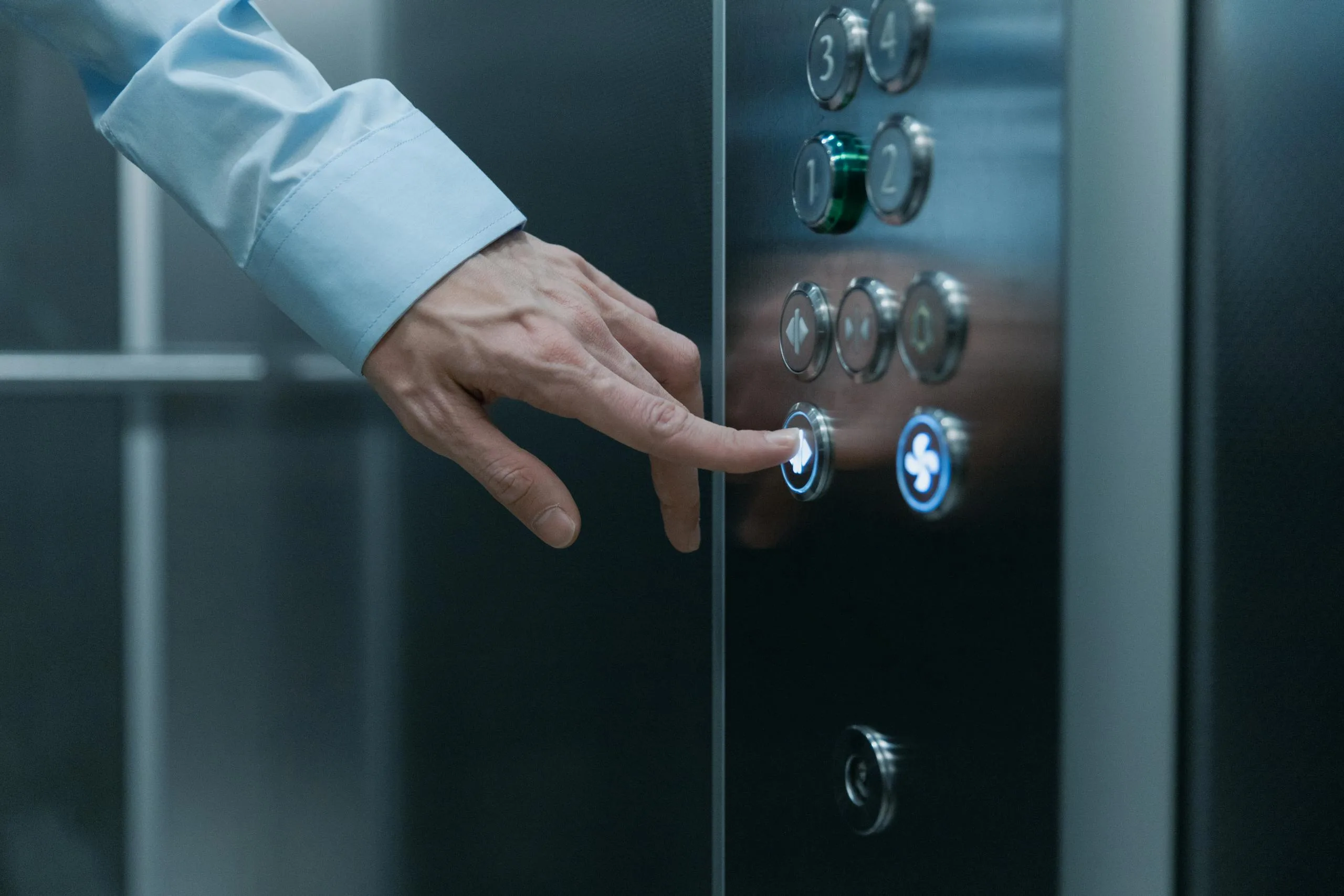Elevator accidents are not all that common, and most elevator injuries occur during the maintenance phase and not when passengers are actually in the cars. This is because elevator technology is so refined that elevators are one of the safest modes of transportation. However, just because elevator accidents do not occur all that often does not mean that they never occur. Occasionally, a poorly maintained or wrongly installed elevator will malfunction. When this happens, it typically results in serious injury to the passenger or passengers. Some such injuries include broken bones, head injuries, emotional trauma, and even debilitation. If you or a loved one was injured in an elevator accident in Dallas, and if you want to seek justice for your injuries, contact the elevator accident lawyers at Clark Law Group to learn more about your rights and how to win the compensation you deserve.
Determining Liability in Elevator Accidents
Determining legal liability in an elevator accident is not as simple as one might think. While most people would assume that the building owner is responsible for injuries, that is not always the case. After all, the building owner just houses the elevator; the elevator company and its maintenance crew are responsible for ensuring that it works properly. However, if the building owner refuses to invest in elevator maintenance, then he or she could be held liable.
When something goes wrong with an elevator and serious injury occurs, an investigation is required. Investigators want to know what went wrong: Was it a failed component or faulty design that led to the accident, or was it lack of or poor maintenance that ultimately caused the incident? Was the building owner informed of a possible issue or given a warning that if a component was not replaced or repaired, that the car would cease to operate? If the product or any of its components was defective, the injured party may bring a claim under the theory of product liability. However, if the building owner or maintenance team are to blame, the victim may bring a suit under the theory of negligence. Most successful elevator injury claims begin with a negligence claim.
Product Liability Vs. Negligence
Product liability claims are a bit more difficult to win than negligence claims. This is because in order to win a product liability claim, you must be able to show that there was something either inherently wrong with the product’s design, that there was something wrong with a component (in which case, you would need to pinpoint the component and show how said component was flawed), or that the marketing materials failed to include information regarding the use of the product (which likely would not apply in an elevator injury case). If the design was flawed, you would need to be able to show where in the design process the flaw occurred.
With negligence, on the other hand, you may only need to show that maintenance did not occur when it was supposed to, or that a warning went unheeded. In either instance, this could be a matter of simply recalling logs and old documents.
Hire an Experienced Dallas Elevator Accident Attorney to Help
If you were injured in an elevator accident, do not try and prove the claim on your own. Not only may you accidentally file under the wrong theory, but also, your case may not be as clear-cut as you might think. To increase your odds of winning your claim and obtaining a fair settlement, reach out to the Dallas elevator accident lawyers at Clark Law Group for legal assistance today. Call our office or schedule an appointment online.


